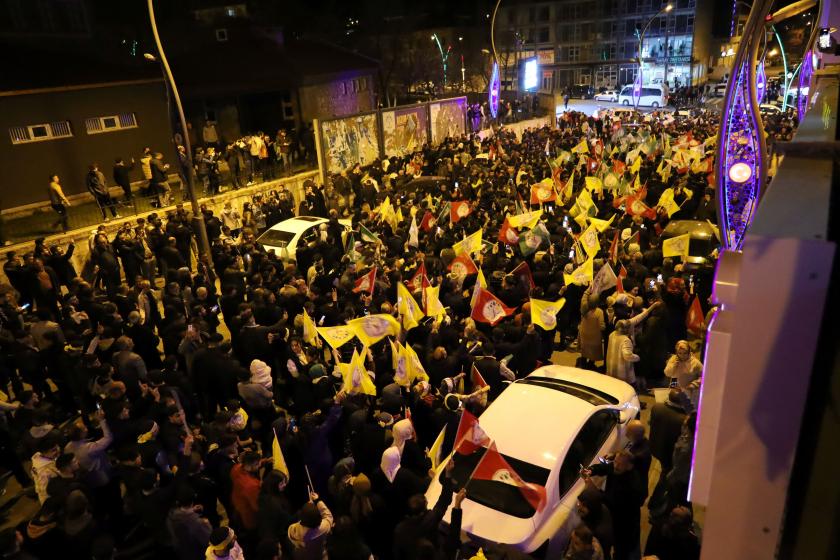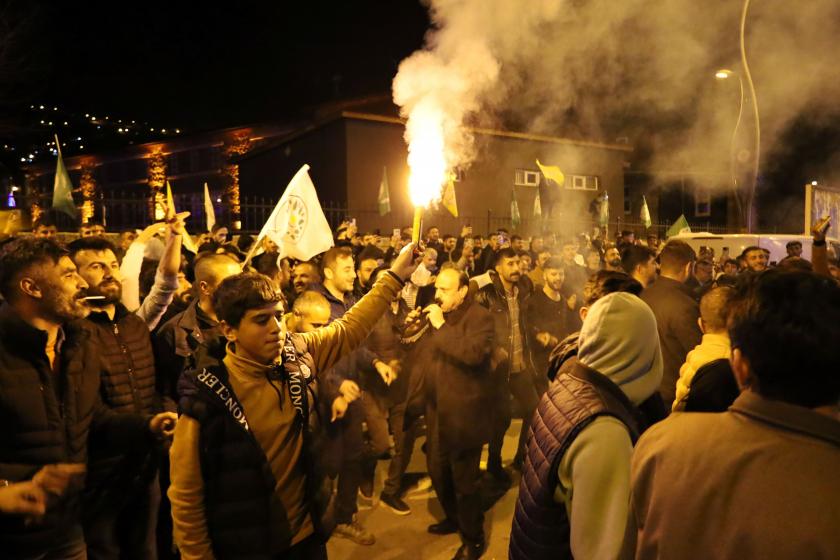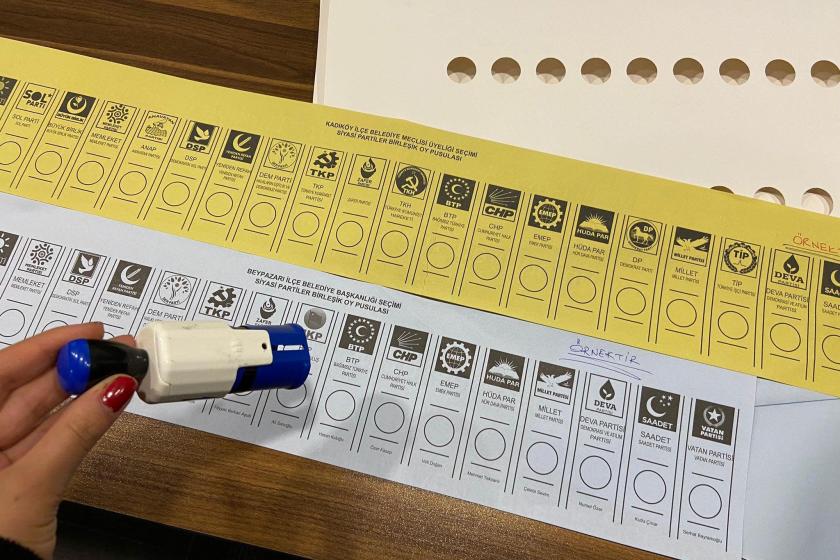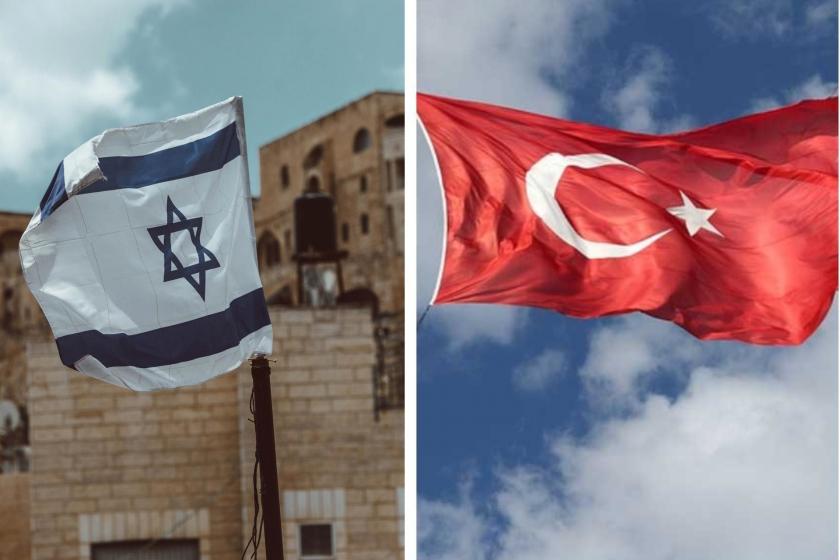The Iraqi government responded to the independence referendum of Kurdistan Regional Government (KRG) by interfering with Kirkuk. The referendum was an attempt by Barzani administration to strengthen his hand on the future of Iraq after the ISIS and to draw his own path. Now, the military seizure of Kirkuk has served as an announcement that the Iraqi government will not be a spectator in this situation.
The fact that the powers in the struggle for redivision of the region, especially the USA and Russia, remain silent in this intervention, may be considered as a continuation of their stance on the referendum, i.e. that it was "untimely". With the capture of the city of Kirkuk and the major oil wells by the Iraqi army and the Hashd al-Shabi forces* the situation in Kirkuk has returned to pre-2014. Kirkuk was one of the provinces on which there was disagreement about belongingness according to the Iraqi constitution of 2005. But during the ISIS attack on the city, it was defended by the Peshmerga forces and became a de-facto part of Kurdistan administration.
Before discussing today's situation and its possible consequences, the question “Why is Kirkuk so important?” should be answered. It is a well-known fact that Iraq is one of the world's largest producers of oil - fifth in the world - and therefore oil is Iraq's biggest source of income. 40 percent of Iraqi oil is in Kirkuk. Consequently, the fact that it is an energy production centre with such a strategic position makes Kirkuk a crucial point in the struggle for redivision in Iraq.
As is known, not only Kurds but also Arabs and Turkmen say that Kirkuk belongs to them, as well. What is the reality then?
According to the coalition forces who occupied Iraq in 2003, 40 percent of Kirkuk was made up of Kurds, 30 percent of Arabs, 20 percent Turkmen and 10 percent Christian Assyrian-Keldanis. However, it should be noted that after the overthrow of Saddam, hundreds of thousands of Kurds who had left Kirkuk due to the Arabization policy have returned to the city. The Barzani administration explained that the participation in the independence referendum in Kirkuk, where the Arabs and Turkmens boycotted, was 78 percent.
The surrender of Kirkuk to the Iraqi forces without any skirmish has also brought Kurdish political movements, which had long-standing disagreements, into a confrontation. The Goran Movement** claims that a secret deal is behind Kirkuk's surrender, and criticizes both Talabani’s Patriotic Union of Kurdistan (PUK), and the Barzani administration for its responsibility for putting into danger the Kurdish gains by imposing an independence referendum. Barzani's Kurdistan Democratic Party (KDP), however, blames PUK for handing over Kirkuk to Iraqi forces. The Peshmerga forces in the Kurdistan Region are divided into two, one with the KDP (Barzani) and the other with the PUK (Talabani). But the Peshmerga forces in Kirkuk was the one that belonged to the PUK.
The claim of a secret agreement regarding the withdrawal from Kirkuk is based on the close relationship and co-operation of Talabani's PUK with Iran, which has a historical background. Therefore, it cannot be said that this claim is unfounded. There were also news reports back in March that the PUK Deputy Secretary Kosret Resul and Iraqi Prime Minister Haidar al Abadi made an agreement on the export of Kirkuk oil. In other words, it would not be surprising that the PUK, which is active in Kirkuk, attempts to leave Barzani out of the equation.
We can say these about the possible consequences of the capture of Kirkuk by the Iraqi army and the Hashd al Shabi:
First of all, the Kirkuk operation was a move which deepened the disputes-disagreements between Iraqi Kurds and weakened Barzani's hand, who conducted the independence referendum.
Secondly, if Talabani's PUK has negotiated with Iran and therefore with the Iraqi government, we will see the details of this agreement in the coming days. However, what is certain is that this operation has further increased the influence of Iran on Iraq.
Thirdly, the silence of the US and Russia in the Kirkuk operation can be regarded as a confirmation of the return of Kirkuk to its pre-2014 position. This approval means that these forces consider it still early for the exact redivision of Kirkuk as well as Iraq.
Finally, in the same way as it created discontent in Turkey that Kirkuk was under the control of the Kurds, it has probably not pleased Turkey that it is now controlled by the forces which are under the influence of Iran, because neither situation prevents Turkey's claim on the region and its position to become ineffective.
* Shia majority forces consisting of many groups and supported by Iraqi government
** Goran (Change) Movement is a split from PUK



